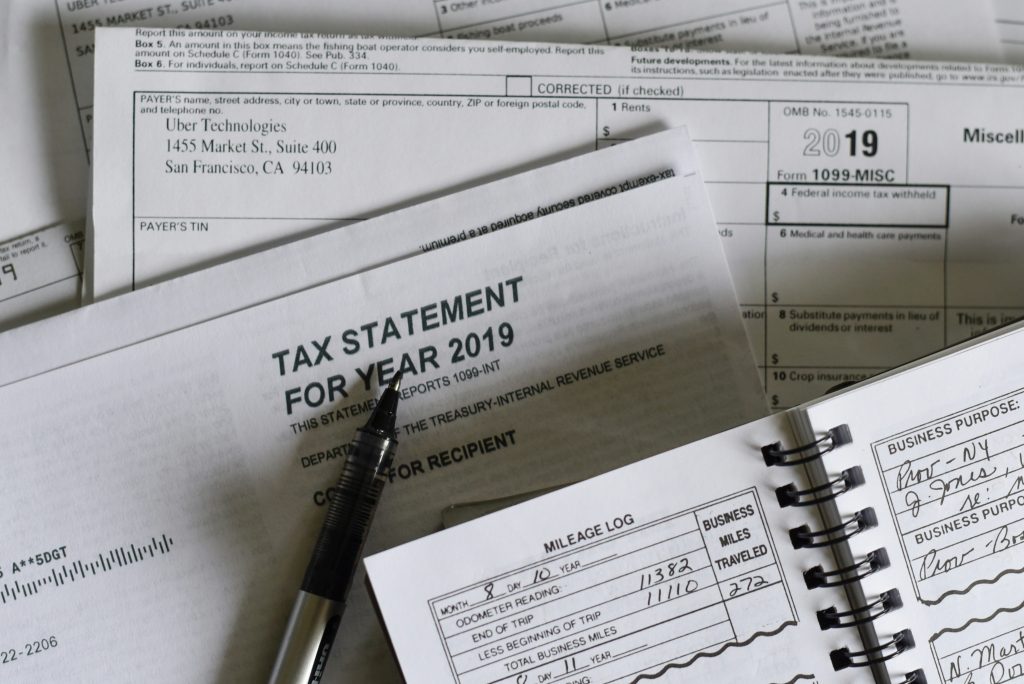
Resident versus Non-Resident (Foreign) Companies
The usual factors are taken into account when determining whether or not a company is resident in the Netherlands, including place (jurisdiction) of registration, whether or not the company owns or leases immovable property for business purposes in the Netherlands and whether there are employees in the Netherlands. However, the most important determinant is where management – the directors – actually manage the company from. Whilst there is no legal requirement to employ a local (Dutch resident) director, not doing so could have an impact on the determination of residence.
It is therefore entirely possible for a Dutch-incorporated company to be considered non-resident for corporate tax and or VAT purposes. Similarly, a foreign incorporated company may be considered resident in the Netherlands under certain circumstances (e.g a so-called ‘permanent establishment’).

Corporate Income Tax Rate
Corporate income tax is levied on taxable profits at the following rates:
| Taxable Profit | Rate |
| €0 – €200,000 | 19% |
| > €200,001 | 25.8% |
Participation Exemption
Generally, profits attributable to a Dutch parent company from a subsidiary are tax free in the parent company’s hands. Dividend distributions are also tax free from a subsidiary to a parent that qualifies for the participation exemption. Qualification for the participation exemption requires that the parent holds at least 5% of the issued share capital of a subsidiary and does not hold the subsidiary as part of an investment portfolio; or if the sufficient tax test or asset test are passed.
Innovation Box Regime
The Netherlands offers an attractive tax regime for innovative companies whereby qualifying income from self-developed qualifying intangible assets is taxed at 9%. To qualify, large companies (consolidated turnover > €50m or gross innovation income >€7.5m in the current and four preceding years) must possess an intangible asset for which the R&D subsidy (‘WBSO’) was received and must possess a ‘legal access ticket’ such as a patent. Smaller companies only require the WBSO certificate.
Tax Losses
Tax losses may be set off against the prior year’s taxable profit (carried back) or carried forward indefinitely. However, losses may only be fully deducted up to R1m taxable profit. Where profit in a year exceeds €1m only 50% of the losses may be deducted from the excess.
Deductibility of Expenses
The Netherlands allows expenses to be deducted based on what would be termed the ‘Reasonable Accounting’ principle in English (“goed koopmansgebruik”) – in other words, what would a normal or reasonably informed taxpayer find acceptable to deduct? Whilst this creates a large subjective field of play, there are specific rules in place for items such as entertainment expenditure and selling expenses, to provide clarity around some of the more historically abused tax deductions. As a result of this principle, in the Netherlands the tax treatment of expenses largely follows Dutch GAAP.
Tax Administration
Generally the tax year is equivalent to a company’s book year, with the calendar year being the standard in the Netherlands.
A Corporate Tax Return must be filed annually within 5 months of year end. A filing extension may be requested. However, any expected liability paid after the statutory payment date (six weeks after assessment whether provisional or final) will attract interest. Therefore, where a filing extension is requested and the taxpayer expects to have a tax liability, a provisional tax return may be filed and paid against to reduce the eventual interest.
There is no fixed provisional tax regime and a company may file a provisional tax return at any stage during a tax year. Any liability may then either be paid in full or paid in monthly instalments over the remainder of the year.
In most cases the tax authority will raise a provisional assessment automatically based on previously declared profits. The taxpayer may counteract this by submitting a revised provisional assessment.
Building 4, Riverlands Mall Podium Level, 51 Gogosoa Street, Observatory, Cape Town 7935, South Africa
Baxter Building, Muiderstraat 1, 1011PZ Amsterdam, the Netherlands
Suite 2025, Unit 3A, 34-35 Hatton Garden, Holborn, London, EC1N 8DX, United Kingdom